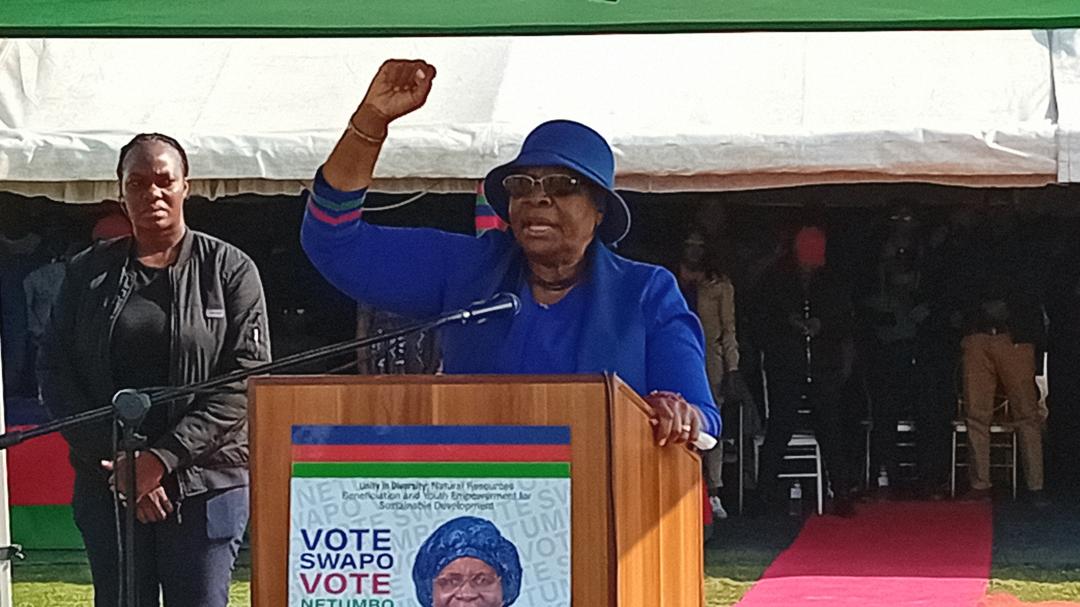Capitalising on the immense potential of the AfCFTA agreement, Namibia is set to send its first consignment through the AfCFTA agreement in October.
The minister of industrialisation and trade, Lucia Iipumbu, has said this follows the AfCFTA secretariat approving Namibia’s tariff offer under the Southern African Customs Union (Sacu).
A plethora of compelling reasons make the African Continental Free Trade Area (AfCFTA) a gamechanger for Africa and Namibia.
The main factors include population size, market potential and dynamism, economies of scale and scope.
These are strong impetuses for trade-led diversification away from Africa’s commodity dependence and towards industrial development and structural economic change.
The AfCFTA is a win-win for African countries, good for Africa’s women, and good for attaining the United Nations sustainable development goals (SDGs).
Experts estimate that AfCFTA will cover a market of 1.3 billion people and a gross domestic product (GDP) of US$2.5 trillion, across the African Union’s 55 member states.
In terms of the number of participating countries, the AfCFTA agreement will be the world’s largest trade agreement since the formation of the World Trade Organisation.
DIVERSIFICATION
Africa’s industrial exports are forecast to benefit most from the continental agreement.
This is important for diversifying Africa’s trade and encouraging a move away from extractive commodities – such as oil and minerals, which have traditionally accounted for most of Africa’s exports – towards a more balanced and sustainable export base.
Over 75% of Africa’s exports outside the continent were extractives for most of the 2010s, while less than 40% of intra-African trade were extractives in the same period.
Namibia has become an oil exploration hotspot after several recent oil and gas discoveries along its coast.
It has not yet produced any oil or gas, but major oil players such as TotalEnergies and Shell have made discoveries estimated at 2.6 billion barrels, with production expected from about 2030 onwards.
This undoubtedly marks Namibia’s promising export potential of extractive commodities in the near future.
JOB CREATION
However, the risk with products like oil and minerals is their volatility.
The fiscal and economic fate of too many African countries relies on the vicissitudes of product prices.
However, using the continental agreement to pivot away from extractive exports will help secure more sustainable and inclusive trade that is less dependent on the fluctuations of commodity prices.
Perhaps most importantly, the agreement will also generate more jobs for Namibia’s burgeoning youth population.
This is because extractive exports, on which Africa’s trade is currently based, are less labour-intensive than manufacturing and agriculture that will benefit most from AfCFTA.
By supporting and promoting more labour-intensive trade premised on industries under the continental body, Namibia could, in turn, create more employment.
- • Wayne Rukero is a legal practitioner of the court. His areas of practice include general corporate commercial law with a focus on energy and natural resources law.
Stay informed with The Namibian – your source for credible journalism. Get in-depth reporting and opinions for
only N$85 a month. Invest in journalism, invest in democracy –
Subscribe Now!






